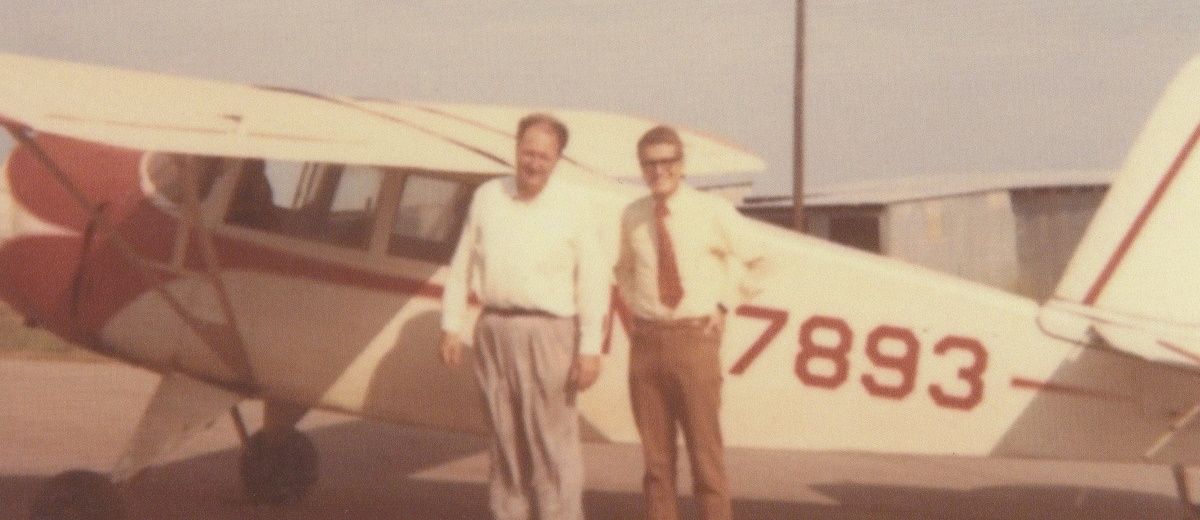Evangelizing in the Dark

“Perhaps my sun shines not as yours,” wrote Helen Keller. “The colours that glorify my world, the blue of the sky, the green of the fields, may not correspond exactly with those you delight in; but they are none the less colour to me.”1 Helen Keller was blind. Her heightened sensory perception caused her to see the world differently than most others. In a similar manner Christians would do well to allow their heightened spiritual perception to cause them to see the world differently than most others.
The National Aeronautics and Space Administration sees the world differently than most others. They see the world scientifically through charts and graphs and studies. NASA data on Global Horizontal Irradiance, for instance, helps determine how much shortwave radiation infiltrates different parts of the globe.2 This data reveals that the Arab world (North Africa and the Middle East) is a particularly sunny region. In fact, this region is above average in its potential to produce solar energy.
Appearances, however, can be misleading. While it is true that the Arab world shines brightly from the light of the sun, it is simultaneously true that a deep darkness covers the region—not a darkness to be seen physically, but one to be perceived spiritually. Do not always trust your eyes; always trust the Word of God.
The Apostle John wrote much about the contrast between light and dark, as in John 8:12, “Then spake Jesus again unto them, saying, I am the light of the world: he that followeth me shall not walk in darkness, but shall have the light of life.” Jesus makes it clear that people live in spiritual darkness when they do not follow Him. But Jesus does not want people to live in that oppressive darkness! He said in John 12:46, “I am come a light into the world, that whosoever believeth on me should not abide in darkness.” What will it take to get the light of Jesus Christ to the spiritually dark places in this world so that people might have the opportunity to believe on Him?
Samuel Marinus Zwemer perceived such a spiritual darkness while preparing to minister in the Arab world in the 19th and 20th centuries. Later dubbed The Apostle to Islam, Zwemer turned his attention to Arabia while in his first year of seminary. He and his friend, James Cantine, had already pledged to go overseas as missionaries when they began praying for direction. “As their plans took shape, Zwemer and Cantine envisaged the possible opening of a new mission, and they selected Arabia, the homeland of Islam, as the most difficult field they could find. The Muslim religion was the only one that had met and conquered Christianity on a large scale and thus was the great rival of the Christian faith.”3
What will it take to evangelize in the dark? Samuel Zwemer and James Cantine formed the Arabian Mission, and prayer was fundamental, as evidenced by their adoption of Abraham’s prayer in Genesis 17:18b, “O that Ishmael might live before thee!” Later in his life, Zwemer spoke on Luke 5:5 and “…related this to work in Muslim lands. Yet, he said by faith, as we obey our Lord’s commission, the time will come when Muslims will be brought to Christ in such numbers that the boats (or churches) will not be able to hold them. The audience was so affected by the message that they asked what they could do. Dr. Zwemer said, ‘Pray.’”4 It will take perseverance to evangelize in the dark. Zwemer and Cantine had trouble rousing support for their mission. Even back in the 19th century it seems the idea of missionary work in Muslim lands was widely regarded as radical and unwise. Zwemer’s attitude was, “If God calls you and no board will send you, bore a hole through the board and go anyway.”5 Zwemer persevered through countless obstacles and hardships during his life, and notably while ministering among Muslims. One must also consider physicality in order to evangelize in the dark. Even with the modern advancements in technology, physical presence—warm bodies on the field—are still vital to the work of evangelization. Technology helps but it is not enough. There is no replacement for the classic face-to-face Gospel presentation.
My family and I have served in North Africa for more than five years. We know what it is like to get sun burnt in a dark place. We know the loneliness that comes from being surrounded by unbelievers. But we also know the joy that comes from seeing the transformation of a single individual coming out of darkness and into the light. So we labor and we press on…handing out Arabic New Testaments; painfully listening to friends’ stories of persecution; and studying the Word of God together.
“The sun does not shine for my physical eyes, nor does the lightning flash, nor do the trees turn green in the spring; but they have not therefore ceased to exist, any more than the landscape is annihilated when you turn your back on it.”6 Spiritual darkness exists whether we see it or not. We can turn our backs on it; we can try to ignore it, but the darkness remains. Only the light of Christ can illuminate a place shrouded in darkness, no matter how radiant the place is physically.
Endnotes
- Helen Keller, The World I Live In (London: Hodder & Stoughton, E.C., 1908), http://www.drugfreereading.com/interest_novels/Helen%20Keller%20Autobiography.pdf , chap. X [130].
- “SWERA (beta release) GHI NASA Low Resolution,” National Renewable Energy Laboratory, accessed July 7, 2017, https://maps.nrel.gov/swera/#/?aL=we1q1F%255Bv%255D%3Dt&bL=groad&cE=0&lR=0&mC=40.21244%2C-91.625976&zL=4.
- J. Christy Wilson, Jr., “The Apostle to Islam: The Legacy of Samuel Zwemer,” International Journal of Frontier Missions 13:4 (1996): 163, accessed July 7, 2017, http://www.ijfm.org/PDFs_IJFM/13_4_PDFs/01_Wilson_Zwemer.pdf .
- Wilson, Jr., “The Apostle to Islam,” 166.
- Wilson, Jr., “The Apostle to Islam,” 164.
- Keller, The World I Live In, chap. X [130].






